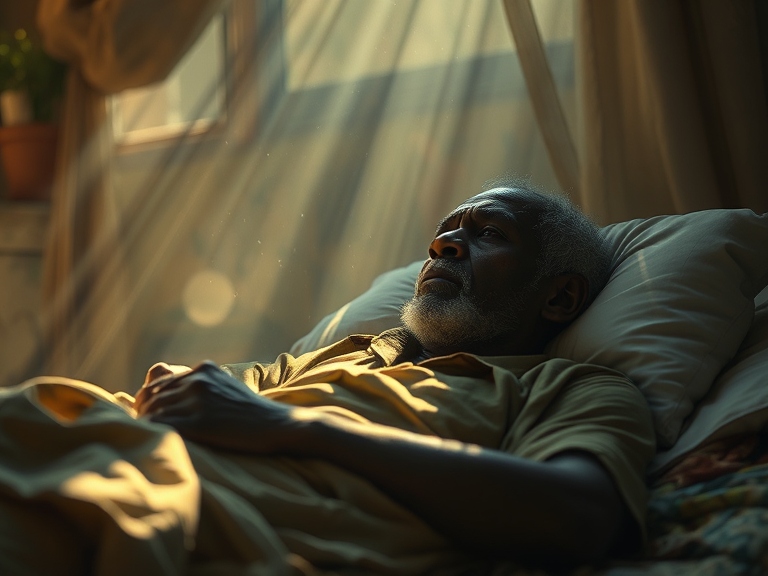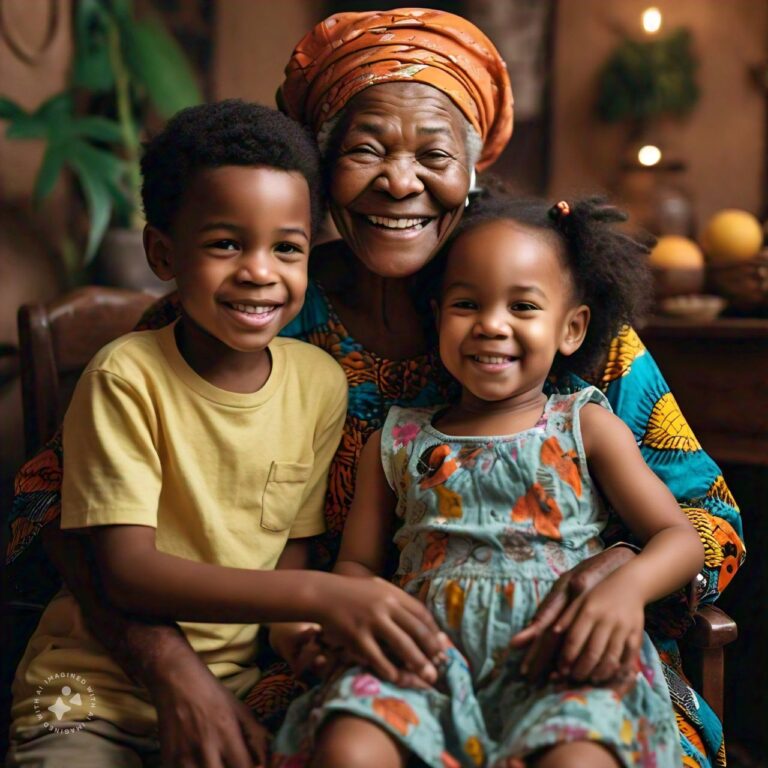
Sitting in his small London flat, Abdullah stared out at the grey sky, his thoughts heavy with worry. His elderly aunt, who had raised him like a son, was struggling back in Nigeria.
She had no children of her own, and the idea of sending her to an elderly care home weighed on him. He’d heard the horror stories—cold, impersonal places that felt more like prisons than homes.
But what if it was the best option? Abdullah’s heart ached with uncertainty, but he knew he had to find a way to ensure she was safe and cared for, just as she had done for him.
Elderly care services and homes play a vital role in our society, providing comfort and support for our ageing population. However, many people, like Abdullah, have reservations about these services due to common myths and misconceptions. In this blog, we’ll address and debunk common misconceptions about elderly care in Nigeria.
- Elderly Care is Only for Those Who Can’t Care for Themselves:
Why? Many people associate elderly care with frailty or severe illness because society often highlights only the most vulnerable seniors when discussing care homes. This creates the false impression that care homes are exclusively for those who are completely dependent on others for their daily needs.
In reality, care homes cater to both dependent and independent seniors. Care workers help assist with daily tasks to make them more comfortable, and care homes create an avenue for these seniors to maintain an active and fulfilling lifestyle, preventing them from becoming isolated.
- Care Homes and Nursing Homes Are the Same:
Why? There’s a common misconception that care homes and nursing homes are identical. The terms “care home” and “nursing home” are often used interchangeably. This confusion happens because both offer care, but they provide different levels of medical attention.
As discussed in our blog “The Difference Between Care Homes and Nursing Homes“: Care homes have a more homely feel and focus on daily living assistance and mild healthcare, while nursing homes cater to seniors who require more intensive medical care. The choice between the two depends on the specific needs of your loved one.
- Caregivers Are Untrustworthy and Unkind:
Why? Negative stories in the media about elder abuse can lead people to generalise that all caregivers are untrustworthy. The unfavourable news sometimes involves unqualified caregivers; usually children picked up from rural areas who are employed to care for elders in exchange for education. When they act out, the whole industry is dumped into the negative bandwagon.
Though these tend to occur, they are not always the case. Reputable care homes, like @Ìtọ́jú, ensure that all caregivers are well-trained and compassionate.
It is also advisable to research carefully when choosing a care facility to ensure your loved one is in safe and capable hands.
- Elderly Care is Free:
Why? Some believe the government should cover elderly care due to the financial difficulties many Nigerian seniors face. This expectation may come from a misunderstanding of the scope of Nigerian government support.
While the government provides limited support for elderly care in Nigeria, it is not free. Costs vary depending on the facility and the services offered, so it is important to find a care home that fits your budget.
@Ìtọ́jú provides relatively affordable elderly care services such as long-term residential care, short-term residential care for recuperation or respite, and domiciliary home care.
- Care Services Are Too Expensive:
Why? Hearing about the high costs associated with some facilities can lead to the idea that elderly care is prohibitively expensive. Without knowing the full range of options, it’s easy to think all care services are out of reach.
Regardless of the cost, elder care services are a worthwhile investment in your loved one’s well-being. Some facilities offer flexible payment options to make the process more manageable. The peace of mind that comes with knowing your loved one is well cared for is priceless.
- Elderly Care is Solely a Family Responsibility:
Why? Cultural values often emphasise the importance of family care, leading to the belief that it’s solely the family’s duty to care for elderly relatives. This can create a sense of guilt or failure when families consider professional care options.
While family involvement is crucial, professional care is often necessary to ensure seniors receive specialised support. This is why care homes are essential; they are equipped to provide the exact expert care and assistance that family members may be unable to offer.
- Senior Care is One-Size-Fits-All:
Why? The assumption that all care homes provide the same services is possibly due to limited experience with different types of facilities. If someone has only seen one type of care facility, they might mistakenly believe that all facilities operate the same way.
Contrary to this belief, care homes tailor their services to meet the individual needs of each resident. Care plans are personalised, ensuring seniors receive the support they require to thrive.
- Care Home Services Are Unsafe:
Why? Concerns about safety and neglect stem from stories of poorly managed care facilities. When these incidents make headlines, they create fear and mistrust, leading people to believe that all care homes are unsafe.
However, most reputable facilities, like @Ìtọ́jú, have rigorous staff training and background checks to ensure a safe and nurturing environment.
Care homes are also perfect for socialising and have daily fun activities to keep seniors entertained. As advised early on, it is also a good idea to do your research before admitting your loved one to a care home.
- Elderly Parents Staying at Care Homes Have Been Abandoned By Their Children:
Why? The idea that placing a parent in a care home is an act of abandonment often comes from deep-seated feelings of guilt. Culturally, there’s a strong emphasis on caring for elderly parents at home. In every Nigerian home, it is an unspoken but implied cycle that parents, when strong and healthy, care for their children so they, in turn, care for them when they are too weak to do so, and deviating from this norm can feel like a betrayal.
They may worry that this decision means they view their elderly parents as burdens or that they’re somehow casting them aside. But in reality, choosing a care home is an act of love and responsibility.
Admitting your beloved senior to a care home ensures they receive the best possible care and professional attention. While family members do their best, trained caregivers are equipped to provide the specialised support that seniors need. It’s not about abandoning them; it’s about ensuring their safety, comfort, and well-being.
Conclusion
Elderly care plays a vital role in enhancing the quality of life for seniors. Dispelling these misconceptions helps us make informed decisions about the best care for our loved ones. For expert advice and compassionate care, @Ìtọ́jú is here to support you. Reach out to us today.



